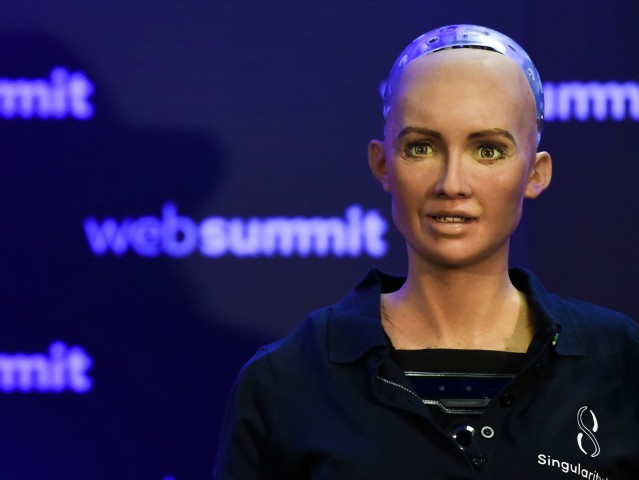Wired Magazine published a column last week that condemns the lack of women in the artificial intelligence field.
A column by Tom Simonite published on August 17 suggests that there are far too few women in the artificial intelligence field. According to one study, only 12 percent of artificial intelligence researchers are women. Additionally, at Google, only 21 percent of technical roles are filled by women.
Despite the aggressive push to increase the number of women in STEM fields, Wired cited a study that suggests that women are earning a smaller share of computing degrees than they were 30 years ago. However, the share of women in the physical and biological sciences has drastically increased over the same time period.
The scarcity of women among machine learning researchers is hardly surprising. The wider field of computer science is well documented as being dominated by men. Government figures show that the proportion of women awarded bachelor’s degrees in computing in the US has slid significantly over the past thirty years, the opposite of the trend in physical and biological sciences.
The Wired report also condemns the dominance of white and Asian men in the technology sector. According to one researcher, women in technology aren’t rewarded for their efforts with promotions the way that men are.
Diversity campaigns at companies such as Google have failed to significantly shift the predominance of white and Asian men in their technical workforces. Negar Rostamzadeh, a research scientist at Element, says AI has its own version of a problem well documented in tech companies whereby women are more likely than men to leave the field, and less likely to be gain promotions. “Working to have good representation of women and minorities is positive, but we also want them to be able to advance,” Rostamzadeh says.
In July, Breitbart News reported on a Kansas State professor who argued that society is sexist because female voices are the default option for virtual assistants like Siri and Alexa. To Professor Heather Suzanne Woods, the gender of artificially intelligent virtual assistants is a reflection of the way we view women.

COMMENTS
Please let us know if you're having issues with commenting.